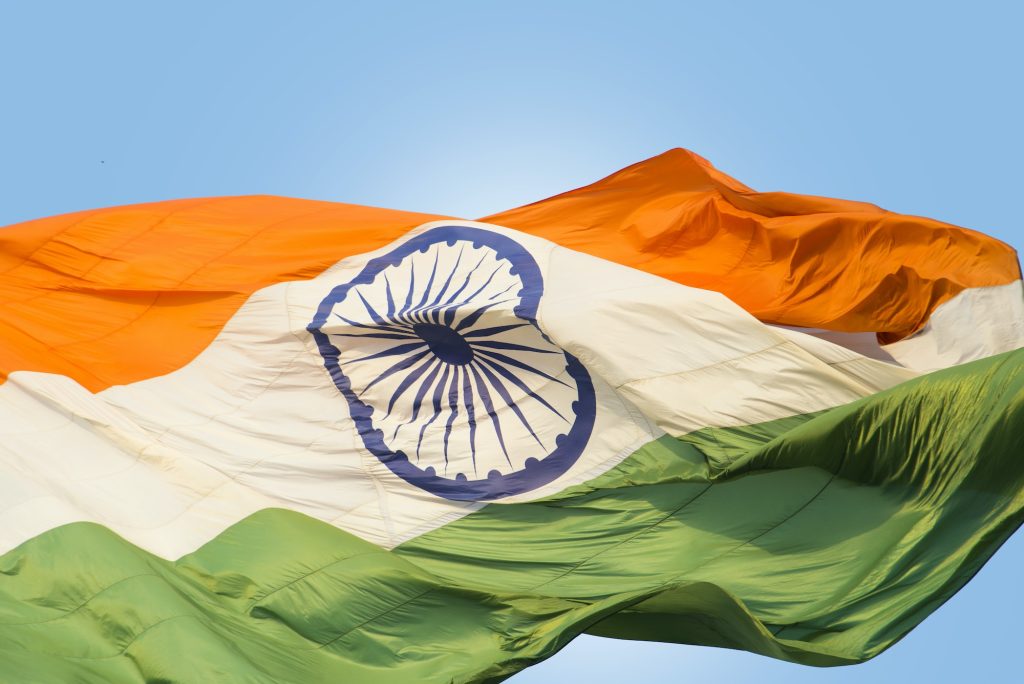Global standards for AI, DPI move forward after India proposal
Global telecom standards are set for a shift as the International Telecommunication Union prioritises regulations on AI and digital public infrastructure, following a push from India.

The International Telecommunication Union (ITU) will prioritise new global standards for AI and digital public infrastructure (DPI), with the aim of fostering interoperability, trust, and inclusivity. The resolution, adopted at the World Telecommunication Standardisation Assembly (WTSA) held in Delhi, was led by India, which has promoted DPI platforms such as Aadhaar and UPI. This adoption underscores DPI’s importance as a technology that can bridge access to essential services across both public and private sectors, sparking particular interest from developing economies.
This year’s WTSA, attended by a record-breaking 3,700 delegates, also introduced standardisation frameworks for sustainable digital transformation, AI, and the metaverse, as well as enhancements to communications in vehicular technology and emergency services. These efforts aim to facilitate safer, more reliable AI innovations, particularly for nations lacking frameworks for emerging technologies. ITU Secretary General Doreen Bogdan-Martin emphasised that strong AI standards are essential for building global trust and enabling responsible tech growth.
India’s influence at WTSA highlights its commitment to shaping the global tech landscape, including standards for next-generation technologies like 6G, IoT, and satellite communications. To that end, the assembly also introduced study group (ITU-T Study Group 21), focusing on multimedia and content delivery standards.
